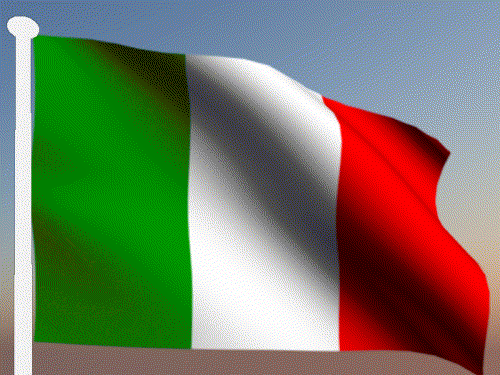So, what even is Friulan?
Well...
That question encompasses a long and
quite interesting journey of the sorts.
So, let's go.
So, as you can see above, this has to do with Italy.
In Northeastern Italy, there lies an area called
Friuli.
The people who would be called "Friulians" would be born out of there eventually- but that would take the birth of a new nation.
Before Friuli became a thing, there were three areas in the place where Friuli would be:
Carnia, Carniola, and Carinthia.
These names are born from the tribe, the Carni.
It's worth mentioning that they are referred to as Gaulish sometimes, then Celtic, and even Venetic.
Although the consensus says Gaulish, sources speaking about Carnia itself call the tribe Celtic.

